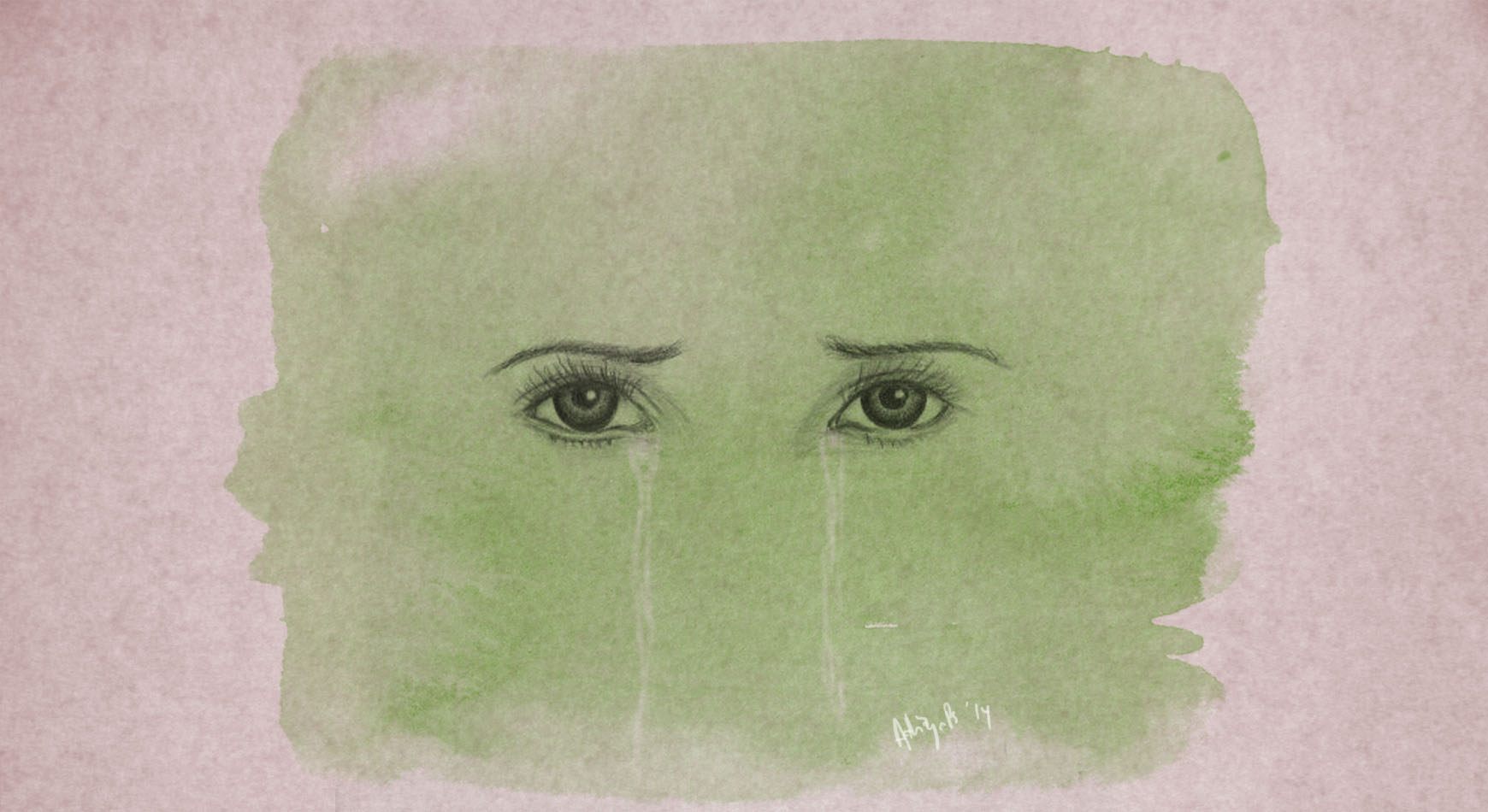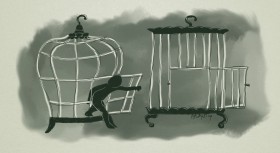As far as I can remember, both of my parents have always worked. They worked because they needed to express themselves, apart from making a living for our family. They did not come from middle-class families, being born into families that were living just above poverty level.
Their parents had low level of education – one mother was a single parent – and education wasn’t a top priority, with the highest level of education being one-year diploma program.
But those things never deterred my parents from advancing themselves and climbing the career ladder in the state-owned energy company Pertamina. They worked really hard and moved from their hometown of East Kalimantan to the headquarters in Jakarta. Above all, they are good parents.
Naturally, I grew up with the perception that it is common for parents, specifically mothers, to work outside home.
My mom, indeed, was not always available during school events. When I was in the third grade of elementary school, I flew by myself from Balikpapan in East Kalimantan to Jakarta because my parents had already moved there. I was used to choosing and taking care of school by myself. This may seem extreme, but during the May 1998 riot, at time in my second year in junior high school, I was staying by myself at home while my parents were struggling to find their ways home safely.
I’m now a working mom with two children. Sadly, eight years into my marriage and the rapid growth of social media, I often witness how mothers – whether stay-at-home or working moms – are still being guilt-tripped for their choices.
From viral messages on Blackberry’s Broadcast Message, to Facebook statuses, tweets, blog posts and memes on Path, all judge the women’s decisions. Worse still, whether expressed or just in our mind, women make the judgment on women, including on themselves too. We are shamed because we work outside the house, or just stay at home. We are condemned for violating religious principles by working. We are vilified because we “leave” our children with the nanny at home. The list is endless.
Where are the discussions about the fathers in this? Barely there. How does this lack discussion about their role in parenting make them feel? I have no idea.
Clearly, the messages are unfair to working mothers. At least to those I’m familiar with: The women who help take care of my children at home; who teach them at school; who treat them when they sick; who dedicate their lives to give speech therapy for the likes of my son who were born with cleft lip and palate; the breastfeeding councilors; those who published independent media to give information for the mothers; my grandmother and my sister who are a single parent; the one who gave birth to me; myself; my friends; and all of us.
Today, I decided to stop being quiet. I’m tired of seeing messages like the following that are spread by my girl friends. I’m sick of seeing the hashtag #jleb (similar to ‘oh snap’). I’m sad of seeing the statuses of mothers who feel guilty about leaving their kids at home, and how the entire responsibility of their children, quietly and unconsciously, are placed as the sole burden of mothers.

I feel like I should write this, because I don’t want my friends (who are mostly new moms), and all of us women to continue feeling guilty. There were times when I felt unhappy and incredibly guilty because I work outside the home. As the result, I didn’t do well at work, I felt helpless, and worst, I potentially harmed my marriage and my family.
I just want to say that, at least from my own experience, we should strive to become happy mothers. Maybe it is as classic as being honest with ourselves. Does our job suit us? Do we really want to to work at the office? Is there an alternative to it all? The hard working mothers that I know and see don’t deserve to feel guilty about the choice they make. Every mother has the right to happiness for the sake of her family.
It is better if a child knows that the mother work because she finds meaning in what she does. That mother (and father) works because of love. We work because we need to be a better person, not necessarily just for the money. Because we know that the job we choose will empower ourselves, our families, even the country.
Let’s stop saying “poor kids, being left home with people who have low level of education”. At least stop saying that on social media. Firstly, everyone can now access the Internet. Think about how this condescending remark would make the person feel if she or he reads it. Secondly, education level is not the only factor that make people valuable. We have come a long way, because of our parents’ hard work, regardless of their educational background.
So, your kids are being looked after by a maid and/or a nanny at home while you’re at work. Let’s empower the helps. Treat them like we would like to be treated by our employers. Make an equal working partnership with them at home. Best-case scenario out of this is not only they would help raise your kids well, their kids will benefit from it too and may have better futures than them.
What about religious principles? To each his/her own. From what I believe, God is the Most Compassionate, Merciful, Wise and Forgiving.
I know for a fact that my parents are happy parents because they work. And the three of us their children had never felt abandoned, nor did we grow up to become unhappy people, because we know that our parents worked with their hearts, integrity and respect. They made us understand what they were doing and what good it was for the society.
Let’s be happy and empowered, and let’s stop making others feel helpless. Make something meaningful and quit being mean to other women, and to ourselves as well.
The original article in Indonesian was published in mommiesdaily.com
About Gina S. Noer
Gina S. Noer is a mother/BFF of two children, and a screenwriter/entrepreneur. Her only “battle” is with her own, about what to do with her childhood’s comic collection.








Comments